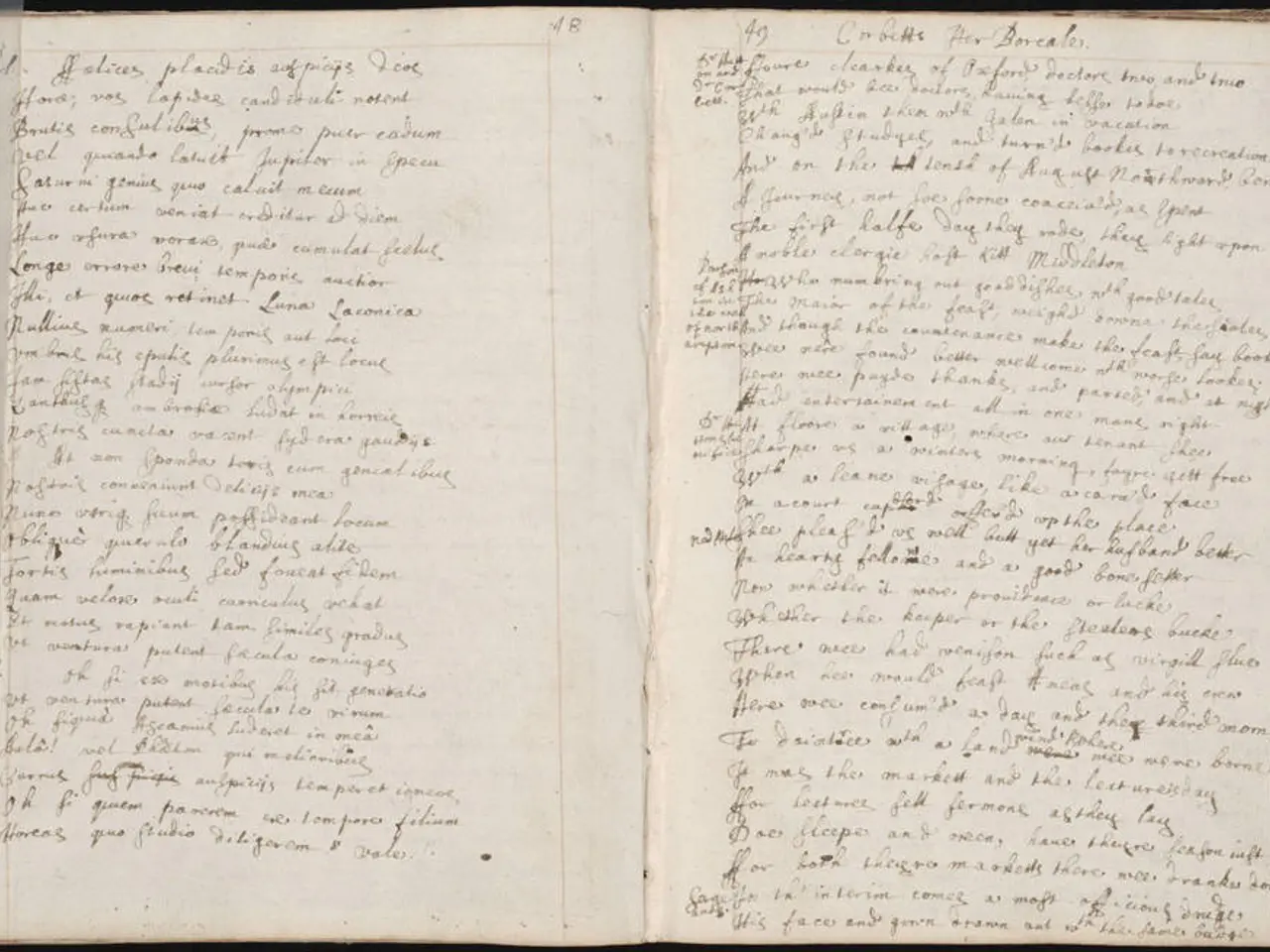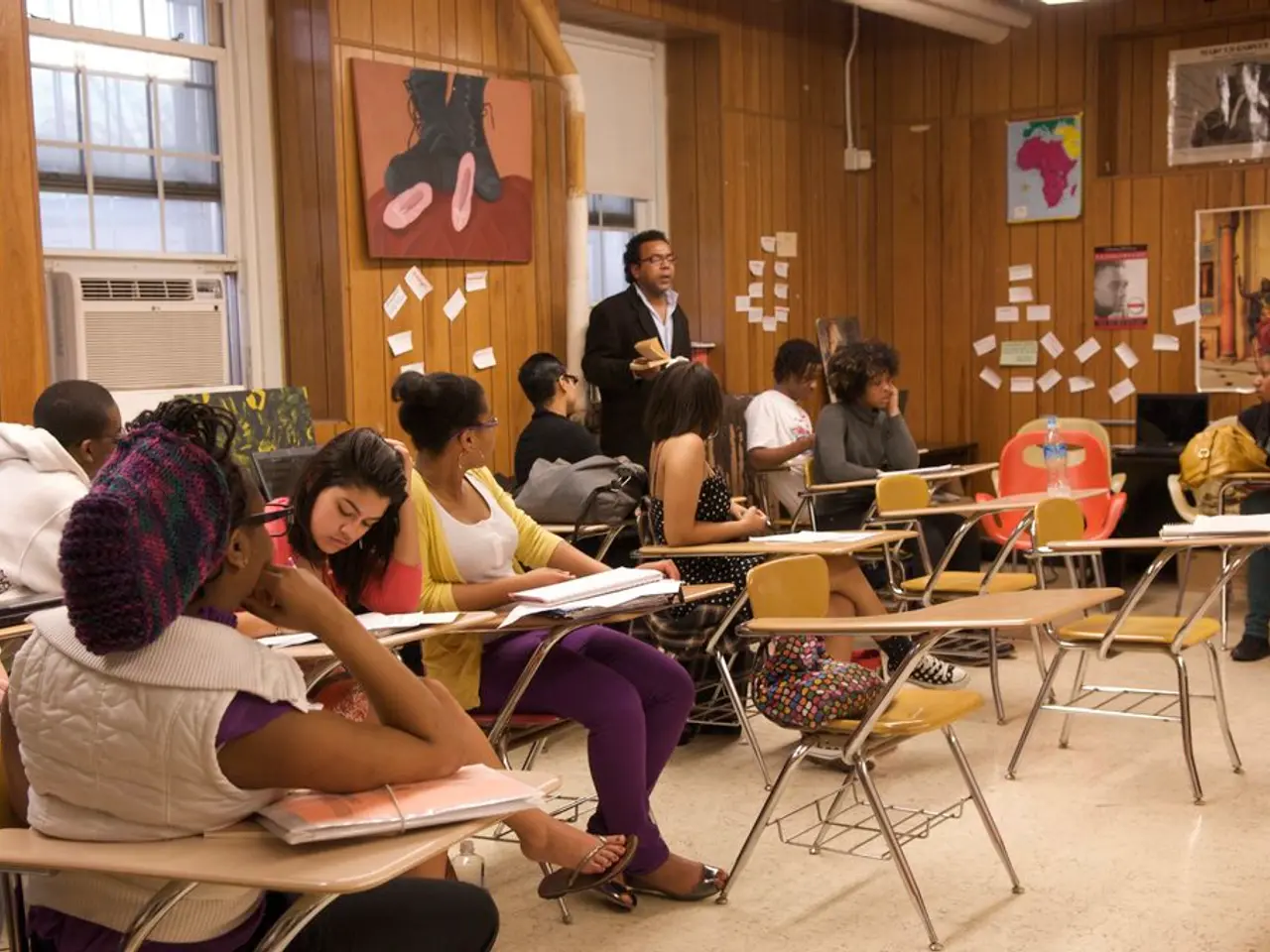Dutch Government Advocates for More Accountable Play
Gambling in the Netherlands: Steps Taken to Combat Addiction and Emphasize Responsible Gaming
The Dutch gaming regulatory body, Kansspelautoriteit (KSA), has taken a proactive approach to tackle gambling addiction and prioritize responsible gaming. After consulting with stakeholders in 2024, they enacted a revised responsible gaming policy. In response to this update, a temporary committee was established to execute and monitor the new practices.
The updated policy introduces robust measures, particularly protection for players aged between 18 to 24, who should not exceed €300 in monthly gambling expenditure. Older players have a €700 limit, with operators required to temporarily block accounts if these are surpassed. Operators must verify the players' financial status within an hour and engage in either a phone conversation or in-person meeting with the player to ensure their ability to continue gaming. Operators may choose to waive these limits but must provide concrete justifications, such as covering tournament entry fees.
Operators must immediately respond to signs of problematic gambling behavior, taking action within an hour. The KSA has identified risk factors, including:
- Inability to manage gambling expenses without sacrificing daily life essentials
- Obsessive attempts to recoup losses
- Persistent complaints about inadequate winnings
- Frequent bonus or immediate bonus credit requests
- The use of credit cards or e-wallets for gambling
- Utilizing multiple payment methods
- Playing at atypical hours, particularly at night
- Spending more than six hours gaming daily
- Gambling more than the average customer
- Behavior resulting in harmful personal or social consequences (further cause for concern if the individual displays denial or avoidance of intervention)
While enforcement plays a crucial role, the KSA recognizes the significance of fostering a culture of responsible gaming. Since 2021, they have established the Addiction Prevention Fund. Operators contribute an additional fee to its activities, which it can then allocate to organizations aiding players in overcoming addiction and providing immediate support. These funds also support educational programs and scientific research to determine program effectiveness and address weaknesses in the safety system.
A project like "Bright in School" sheds light on the latter, raising awareness among students about gambling risks and fostering healthy behavior. The Fund also supports research on advertising's impact on vulnerable groups in the Netherlands.
Slots City advocates for implementing these practices as they help shape a responsible gaming culture, especially in countries with long-standing gambling legalization, like the Netherlands.
Advertising regulations in the Netherlands also feature unique aspects. Operators must ensure that a maximum of 5% of their audience exposed to advertisements consists of young adults or individuals from vulnerable groups. While this poses a challenge for both the regulator and the industry, it favors illegal operators, making it difficult for legitimate market participants to remain competitive.
Enrichment Insights:
- In 2023, there was a significant reduction in cases of extreme player losses, demonstrating the measures' effectiveness in minimizing financial harm to players.
- Licensed operators are legally obligated to protect vulnerable players from excessive gambling and addiction.
- Deposit limits have helped reduce problematic gambling, although there are concerns that high-stakes players might shift to unlicensed platforms.
- The regulator has intensified its supervision, imposing fines on operators that fail to uphold their duty of care obligations, like the recent €734,000 fine for a young adult-related breach.
- The rise in active accounts suggests that players may be creating multiple accounts to circumvent deposit limits.
Despite their progress, the KSA encounters challenges such as an increase in black market activity, with a substantial portion of gambling expenditures potentially shifting to unregulated operators. Addressing this trend required constant vigilance and adaptability in the regulatory approach to maintain player safety and a secure gambling environment in the Netherlands.
- The Kansspelautoriteit (KSA), in their effort to combat gambling addiction, exempts operators from certain deposit limits if they can justify it by covering tournament entry fees, demonstrating their commitment to both responsible gaming and the casino and gambling industry.
- In the Netherlands, operators are expected to adhere to indicators of problematic gambling behavior, such as using multiple payment methods, playing at atypical hours, and spending excessive time gaming, as part of their duty to protect vulnerable players and promote education-and-self-development programs.
- The Dutch gaming regulatory body, KSA, has set limits for monthly gambling expenditure, with players aged 18 to 24 having a limit of €300 and older players having a limit of €700, aiming to minimize the risk of gambling addiction among this other demographic.
- Operators in the Netherlands are required to ensure that a maximum of 5% of their audience exposed to advertisements consists of young adults or individuals from vulnerable groups to help combat problematic gambling and promote a responsible gaming culture.





